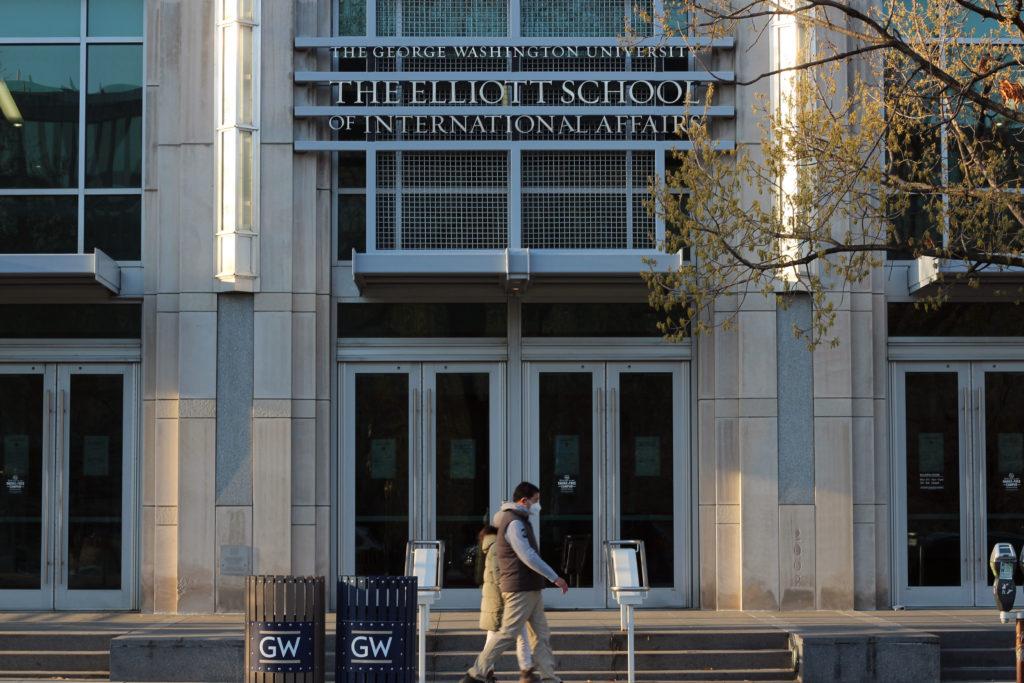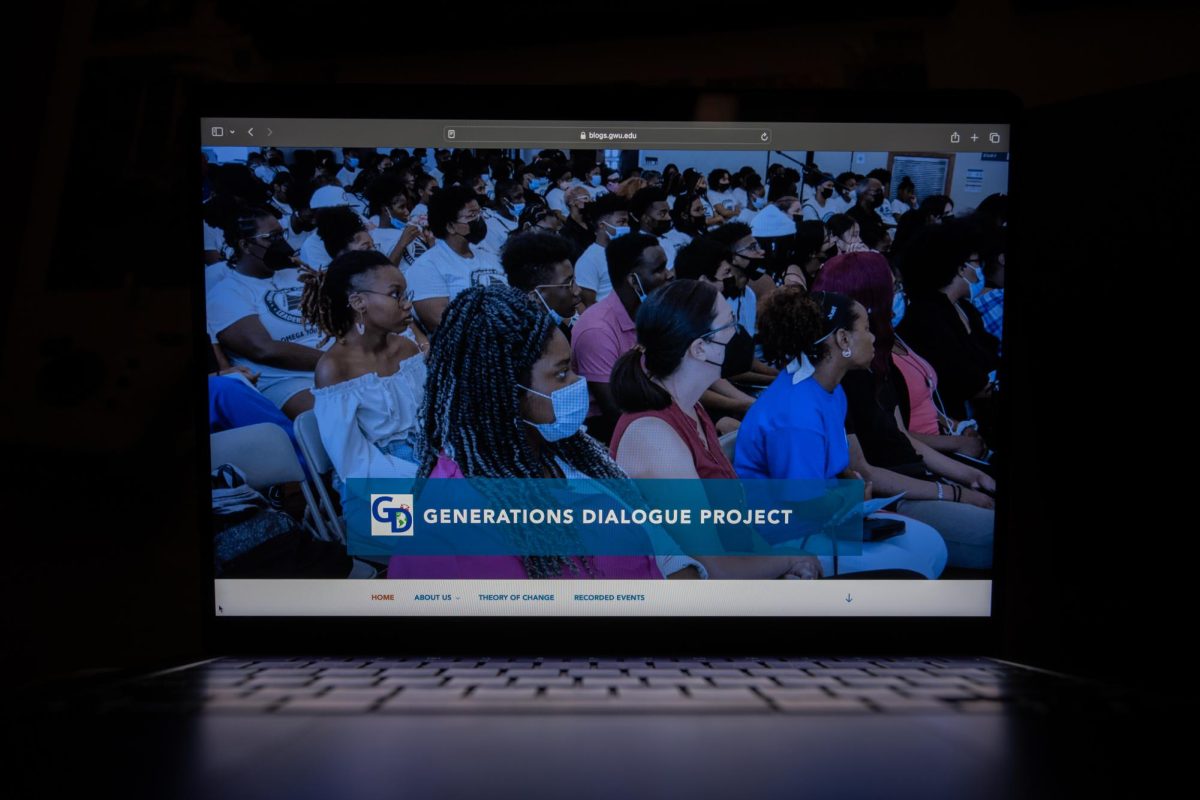The Central Asia Program – an organization that promotes research on contemporary Central Asia – has held multiple events each month and has become a pillar for Central Asian embassies and research during its first decade.
Since its founding in 2012, faculty members of the Central Asia Program said the program has created an academic journal to publish their policy research on Central Asia and became Central Asian embassies’ primary platform for research on the region. Faculty said the program’s fellowship opportunities and publications provided platforms for people from countries like Afghanistan and Uzbekistan to diversify research on Central Asian diasporic groups.
Marlene Laruelle, the director of the program and a research professor of international affairs, said she created the program in 2012 after receiving a $10,000 grant from the University to enable Central Asian scholars to share policy research about their home countries in the United States. She said she launched the program a decade into the U.S. War in Afghanistan, when policy researchers were interested in expanding Central Asian research to shift conversations about the war from the political sphere into academia.
Laruelle said officials from the Central Asia Program started the Central Asia-Azerbaijan Fellowship in 2013 to teach students from Central Asia how to write policy briefs and engage with an audience on foreign policy in the United States for three to five months.
“It’s like a prism, a lens through which they can study international affairs and see many things about how the new global order is being reorganized,” Laruelle said.
She said the program’s research on Central Asian culture and diplomacy helped them build relationships with all of the Central Asian embassies. She said the embassies regard the Central Asia Program as the primary platform for Central Asian studies because the program’s policy research promotes the region, regardless of their critiques of Central Asian governments.
Laruelle said she is working with a curator from New York to bring Central Asian artwork to D.C. for an event this week that celebrates the program’s tenth anniversary and educates students on Central Asian culture through artwork.
She said she first envisioned the research program in 2012 as a “classic” program with two to three events each year, but the program now holds about 30 events like panel discussions each year and has websites in different languages like English, Uzbek and Russian.
“I never imagined it would become such a big kind of structure inside the school with so much visibility,” Laruelle said.
Sebastien Peyrouse, a research professor of international affairs and a member of the program, said the program connected scholars interested in Central Asia from different backgrounds to a network of professors from around the world. He said some Central Asian countries’ authoritarian governments have prevented Central Asian scholars from expressing unpopular views, but the program enables scholars to highlight diverse views in panel discussions.
Peyrouse said he organized and moderated an event on religious freedom in Uzbekistan last month that created a productive conversation between scholars with opposing views.
“Our goal was really to create not a monologue, of course, but on the country to create a dialogue between different people with again, potential contradictory views,” Peyrouse said.
Sean Roberts, an associate professor in the practice of international affairs and a member of the Central Asia Program, said the program created the Journal of Central Asian Affairs in 2014, the only peer-reviewed academic journal with a policy focus on Central Asian affairs. He said the English-language journal allows Central Asian scholars to extend their reach to the United States and Europe.
“The main goal of our program was to make sure that there was expert local knowledge of both Central Asian scholars and American scholars and European scholars studying the region that could inform that policy,” Roberts said.
He said the program connected scholars from the United States, Europe, Russia and Central Asia for three international conferences in D.C., Europe and Russia that focused on Uyghurs – a Turkic group from China – and their homeland from 2014 to 2016. He said the inaugural conference the program held at GW in 2013 established a network of academics for Central Asian scholars focused on the region before China began forcing Uyghurs into labor camps in 2014.
Student groups launched a petition and protested in Kogan Plaza in February to urge the University to divest from companies contributing to the Uyghur genocide after the U.S. government said last year that the Chinese government is complicit in the Uyghur genocide.
“We had a community of scholars who were in contact with each other and were able to kind of coordinate our response to the mass atrocities that have since occurred to Uyghurs,” Roberts said.
Eric Schluessel, an assistant professor of history and international affairs and a member of the program, said the District has the largest Uyghur community in North America because Uyghur political leaders moved to government centers in the 1950s, and Uyghurs fleeing oppression emigrated to join the established community in the District.
He said the Central Asia Program is “high-profile” because of its access to Central Asian communities in D.C., which many universities with similar programs lack because their campuses aren’t in close proximity to a large Central Asian population.
“GW has become sort of a home not simply for experts about Eurasia, but people from Eurasia to generate knowledge about their own home,” Schluessel said.







